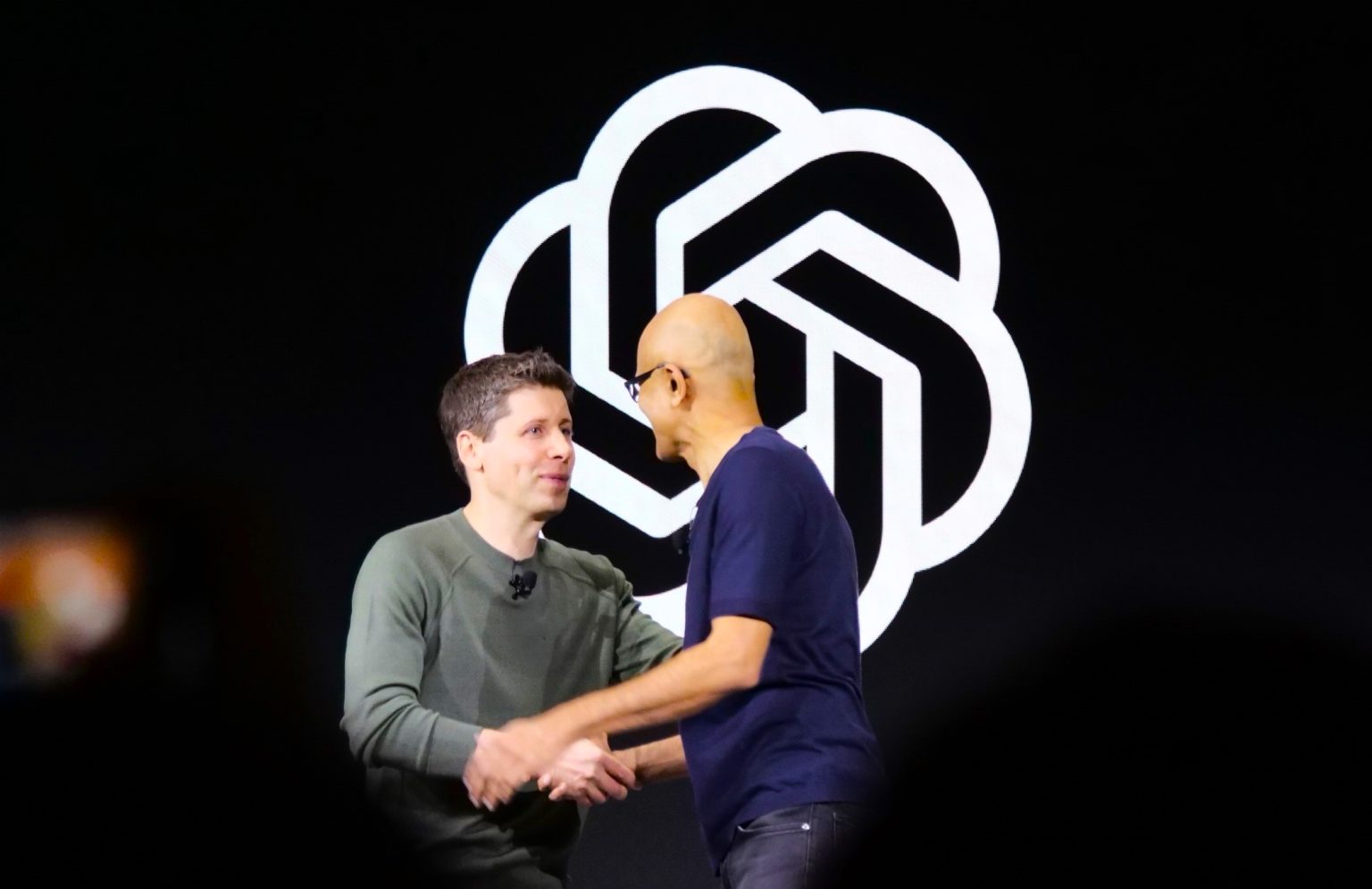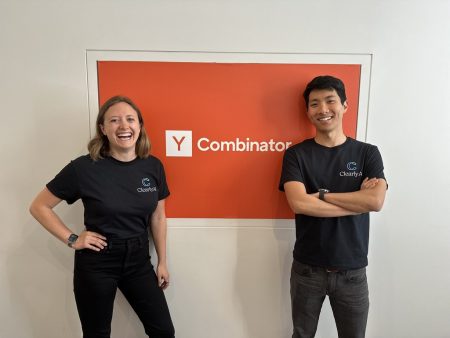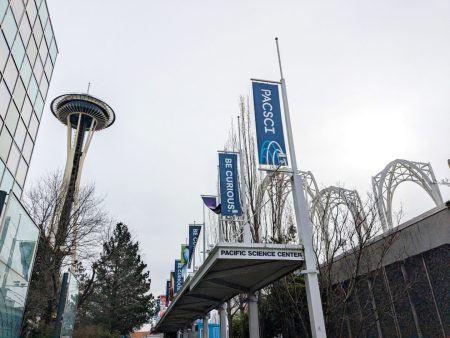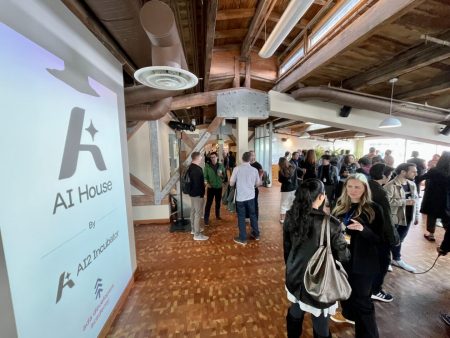Microsoft and OpenAI Forge New Chapter in Their AI Partnership
In a significant development for the tech world, Microsoft and OpenAI have announced a tentative agreement to reshape their groundbreaking partnership that has been central to the advancement of artificial intelligence in recent years. The announcement, made via a joint statement on Thursday, revealed they’ve reached a non-binding memorandum of understanding after months of complex negotiations. While details remain sparse as the deal awaits finalization, the implications are enormous for both companies and the broader AI landscape.
The most revealing aspect of this tentative agreement comes from OpenAI’s companion statement, which disclosed that the OpenAI nonprofit would maintain control while receiving an equity stake exceeding $100 billion in a new public benefit corporation (PBC). This staggering valuation not only highlights the scale of computing and capital Microsoft is prepared to invest but would also transform the OpenAI nonprofit into “one of the most well-resourced philanthropic organizations in the world.” This restructuring appears designed to balance the commercial ambitions necessary to fund cutting-edge AI development with OpenAI’s original mission of ensuring artificial general intelligence (AGI) benefits humanity broadly rather than serving narrow commercial interests.
The negotiations likely addressed one of the most contentious aspects of their existing partnership: OpenAI’s ability to unilaterally dissolve the partnership upon declaring the achievement of artificial general intelligence. This provision has been a significant concern for Microsoft, which has invested billions in OpenAI’s technology and integrated it deeply into products like Microsoft 365, Bing, and various Azure services. The current arrangement has provided Microsoft with exclusive rights to OpenAI’s technology on its Azure cloud platform, but the new agreement appears to signal a shift toward greater flexibility for both companies to collaborate with other partners. Recent reports indicate that Microsoft may begin working with OpenAI competitor Anthropic for some Office 365 AI features, while OpenAI has reportedly signed a massive $300 billion computing contract with Oracle spanning approximately five years.
This evolution toward a more open ecosystem represents a significant shift from earlier arrangements. Earlier this year, Microsoft and OpenAI had already modified their cloud agreement, replacing Microsoft’s exclusive hold on OpenAI’s cloud workloads with a right of first refusal. This change cleared the path for OpenAI to partner with Oracle and others on the ambitious $500 billion Stargate AI project. The restructuring seems to acknowledge the reality that the AI field has grown too vast and important for exclusive partnerships, with both companies recognizing the benefits of a more collaborative approach while maintaining their special relationship.
Anticipating scrutiny, OpenAI has proactively addressed potential criticism about its expanding commercial activities. The company emphasized that the recapitalization would enable it to “raise the capital required to accomplish our mission” while ensuring that “as OpenAI’s PBC grows, so will the nonprofit’s resources.” This approach appears designed to assuage concerns from critics, competitors, and regulators who have questioned whether OpenAI’s growing commercial focus might compromise its original mission of developing safe AGI that benefits humanity broadly. The nonprofit has already launched a $50 million grant program for community groups, signaling how it intends to channel its enhanced resources toward public benefit initiatives.
The partnership between Microsoft and OpenAI has been transformative for both companies since it began in 2019, with Microsoft’s computing power fueling innovations like ChatGPT while OpenAI’s technology has helped Microsoft regain technological leadership in the AI era. Their restructured relationship comes at a pivotal moment when AI development is accelerating rapidly and competition is intensifying from companies like Anthropic, Google, and Meta. By evolving their partnership while preserving its core strengths, Microsoft and OpenAI appear to be positioning themselves for the next phase of AI development – one that may require both greater capital investment and broader collaboration across the industry. While many details remain to be finalized, this agreement signals that two of the most influential players in AI recognize that achieving the full potential of this technology will require balancing commercial imperatives with wider societal benefits.















